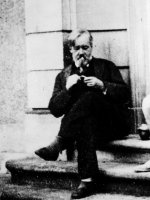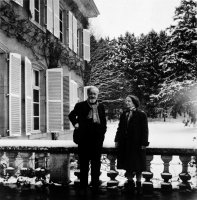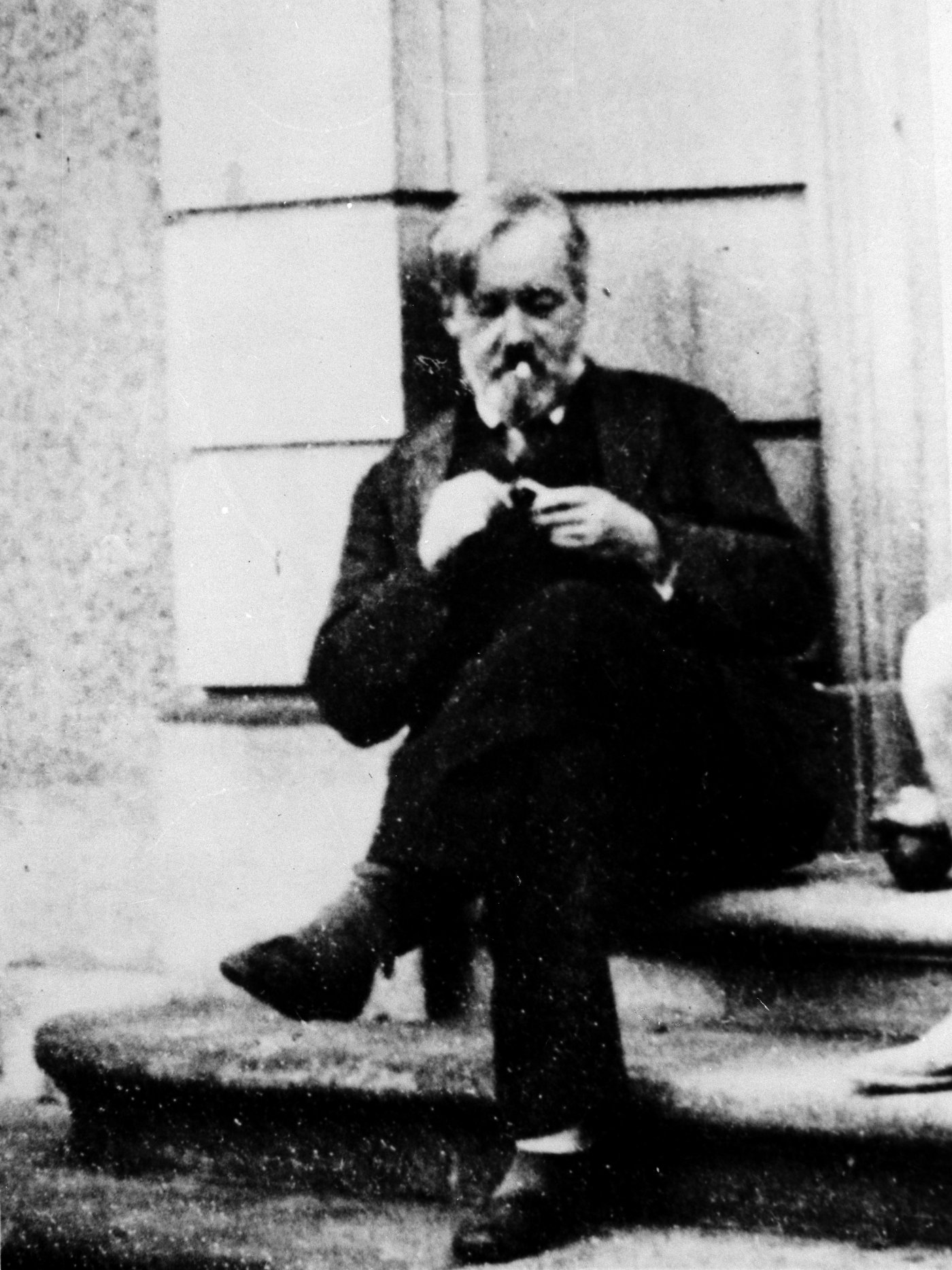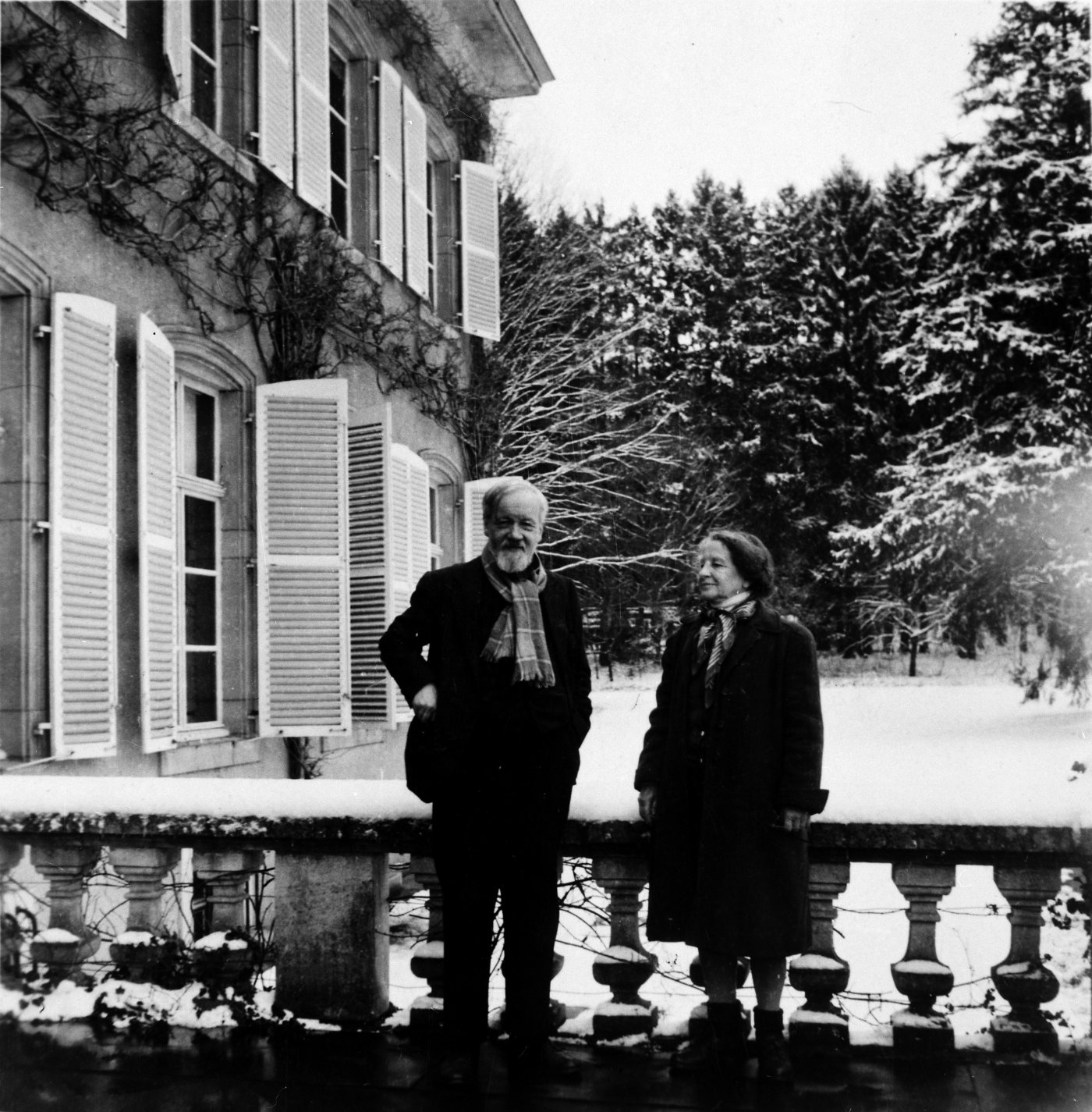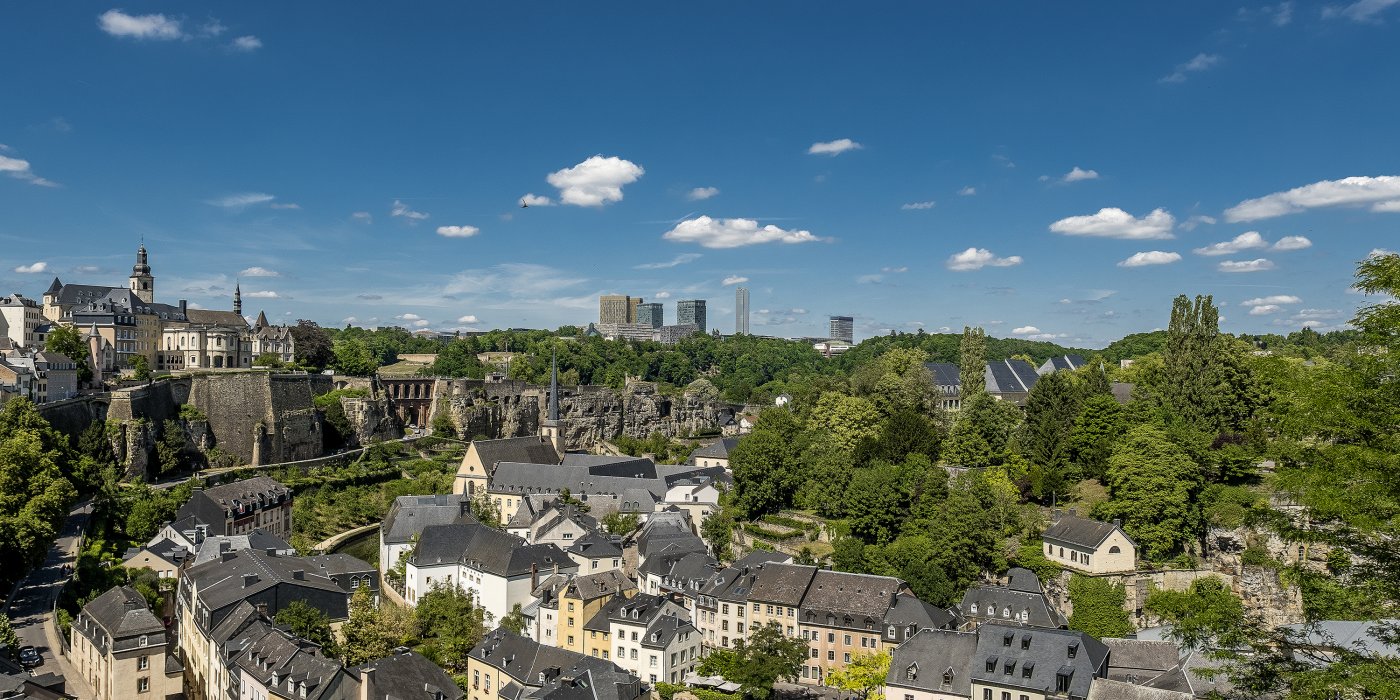Description
The philosopher, Bernard Groethuysen, was born in Berlin on 9 January 1880 and is among the most internationally renowned figures interred in the old Protestant section in the Notre-Dame Cemetery. His work explored history and sociology, and the perception, experience and interpretation of the world.
Groethuysen was born into a Russian immigrant family that had settled in Berlin. He completed primary and secondary school in Baden-Baden. He went on to study philosophy and art history at the universities of Vienna, Munich and Berlin. In 1906, he began teaching philosophy at Humboldt University in Berlin. While he was in Paris researching the philosopher Gottfried Wilhelm Leibnitz, he met the literary critic Jean Paulhan and the writers André Gide and André Malraux. He was interned as a German prisoner during World War I and was not freed until early 1919. In 1926, he and Jean Paulhan created the "Bibliothèque des idées" at Éditions Gallimard. In 1932 he left Germany permanently in protest of the Nazi persecution of his Jewish colleagues. He settled in Paris, worked at Gallimard and acquired French nationality in 1937.
He translated Goethe's novels and Hölderlin's poems. He wrote the foreword to Hölderlin's Poems of Madness and the preface to the translation of Kafka's The Trial. Groethuysen died from lung cancer in Luxembourg City on 17 September 1946. Groethuysen corresponded with Aline Mayrisch-de Saint-Hubert, the wife of Émile Mayrisch, managing director of Aciéries Réunies de Burbach-Eich-Dudelange (ARBED), to translate the sermons of the medieval mystic Meister Eckhart, Jean Schlumberger's “L'enfant qui s'accuse” and Albert Camus' The Myth of Sisyphus: An Essay on the Absurd.
Parmi les publications de Groethuysen citons : Introduction à la pensée philosophique allemande depuis Nietzsche, Paris, 1926 ; Origines de l'esprit bourgeois en France, Paris, 1927. Mythes et portraits, Paris, Gallimard, 1947 ; Rousseau, Paris, 1949 ;
Groethuysen's published works include: “Introduction à la pensée philosophique allemande depuis Nietzsche”, Paris, 1926; “Origines de l'esprit bourgeois en France”, Paris, 1927; “Mythes et portraits”, Paris, Gallimard, 1947; “Rousseau”, Paris, 1949;
Alix Guillain was born in Brussels on 8 October 1876. She came from a comfortable middle-class family and as a child was immersed in Darwin's ideas. An interpreter by profession, she translated the works of the philosopher Georg Simmel. She worked alongside Bernard Groethuysen to publish the works of the philospoher Wilhelm Dilthey. During World War I, Alix Guillain participated in the internationalist movement. In 1921, she spearheaded the publication of the first translation of Rosa Luxemburg's Letters from Prison. In 1923–1924, Alix Guillain frequently contributed to the communist newspaper l'Ouvrière. In 1924 she became editor of the newspaper L'Internationale. Bernard Groethuysen and Alix Guillain were frequent houseguests of Émile Mayrisch and Aline Mayrisch-de-Saint-Hubert. At Colpach Castle, Alix Guillain translated Bernard Groethuysen's “Anthropologie philosophique”.
Alix Guillain was a lifelong member of the French Communist Party and admirer of the Soviet Union. On 8 October 1951, she died from a brief illness at the Hôpital de la Pitié in Paris. She was cremated at the Père-Lachaise crematorium, and in June 1981 her ashes were moved to Bernard Groethuysen's grave at the Notre-Dame Cemetery.
